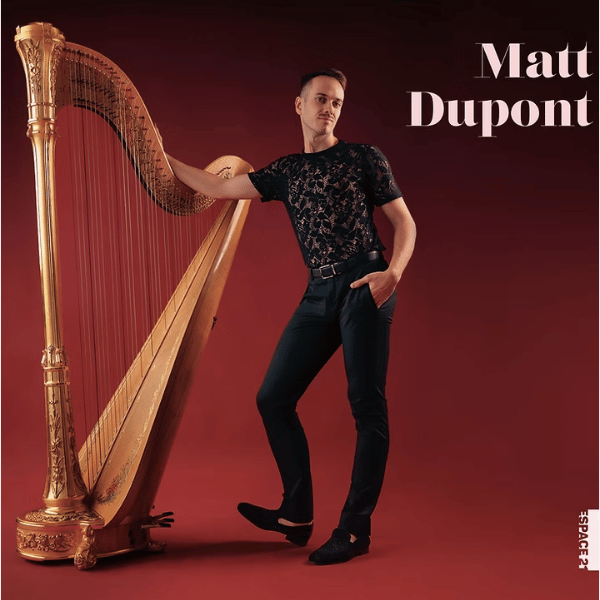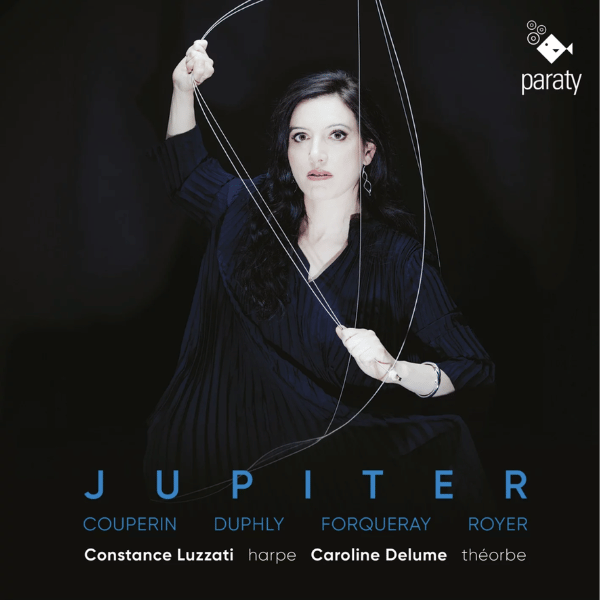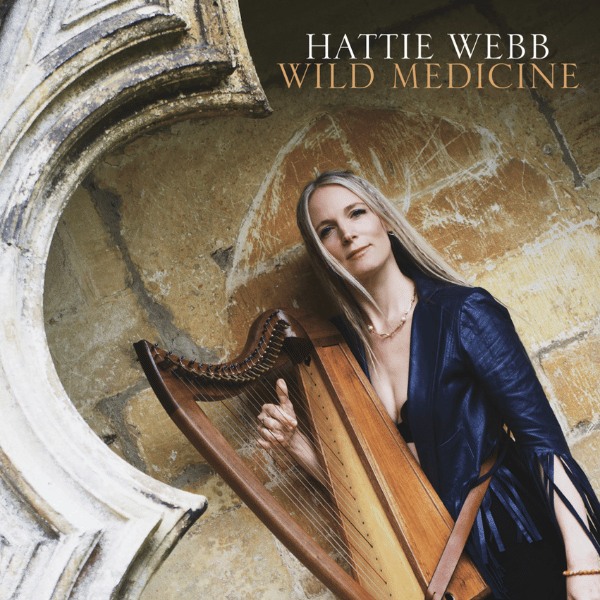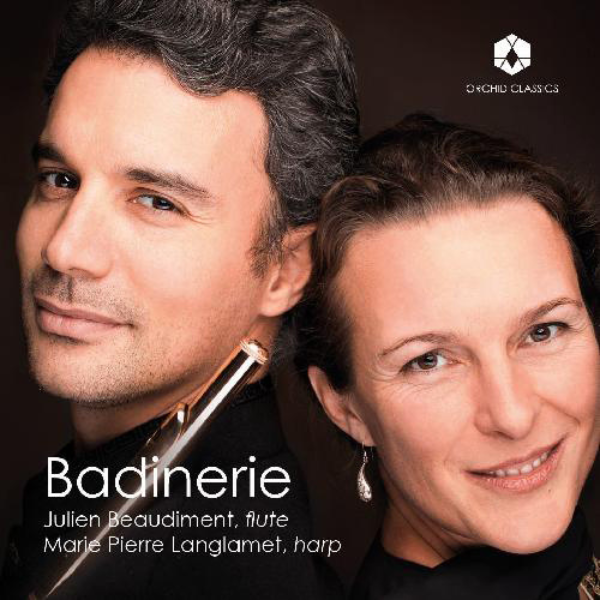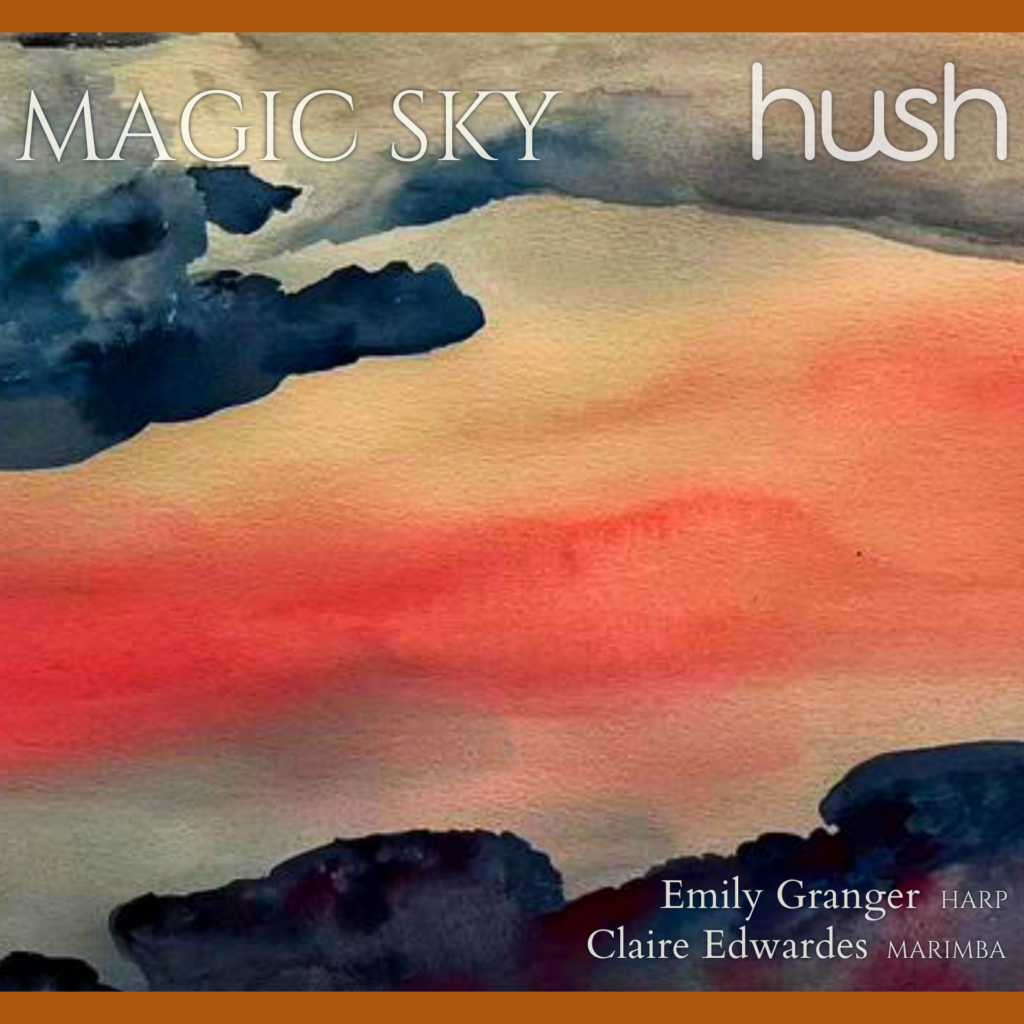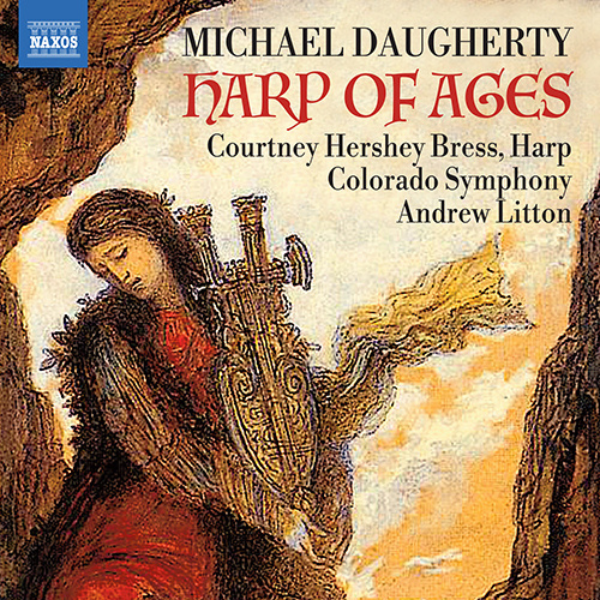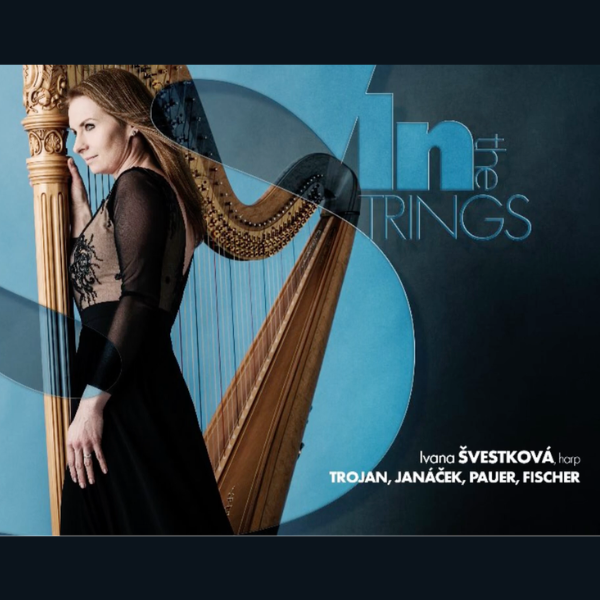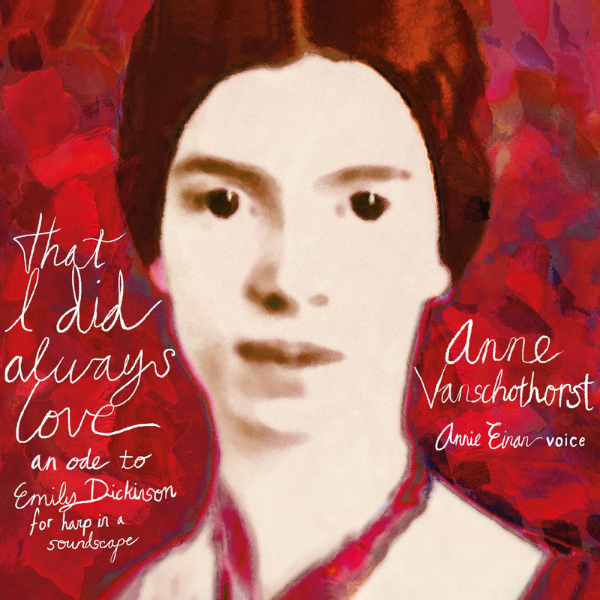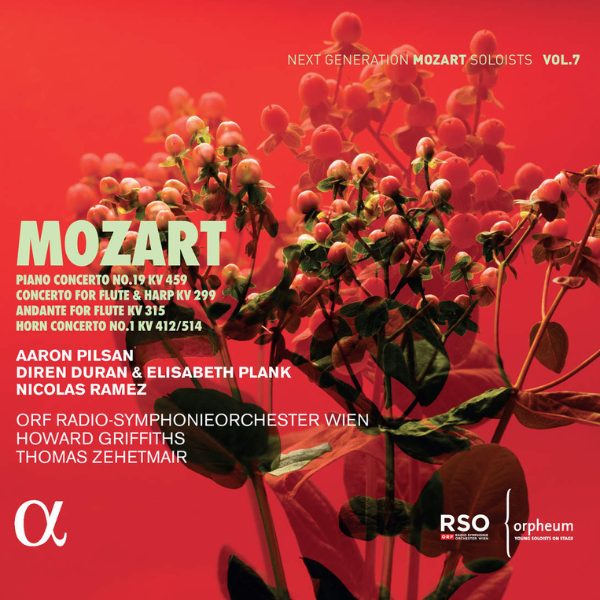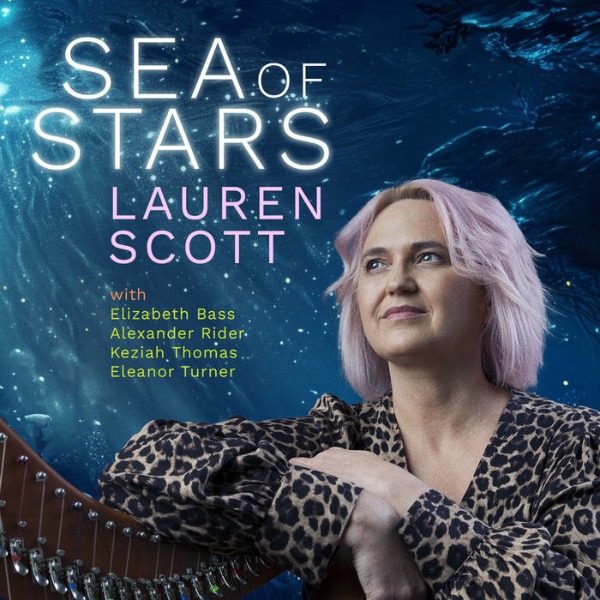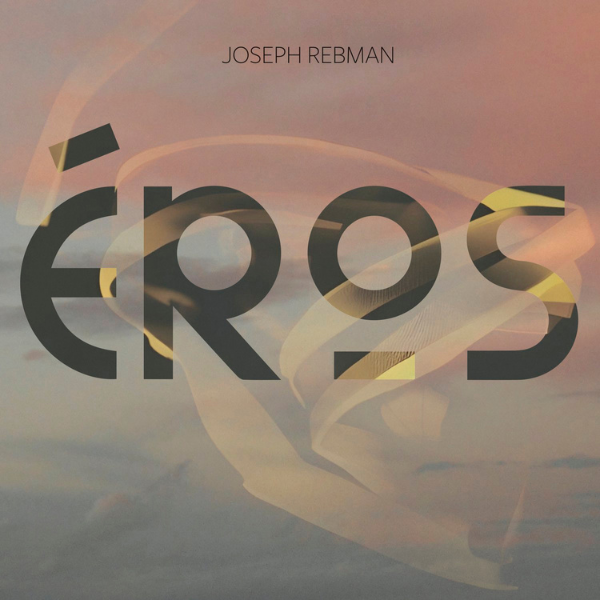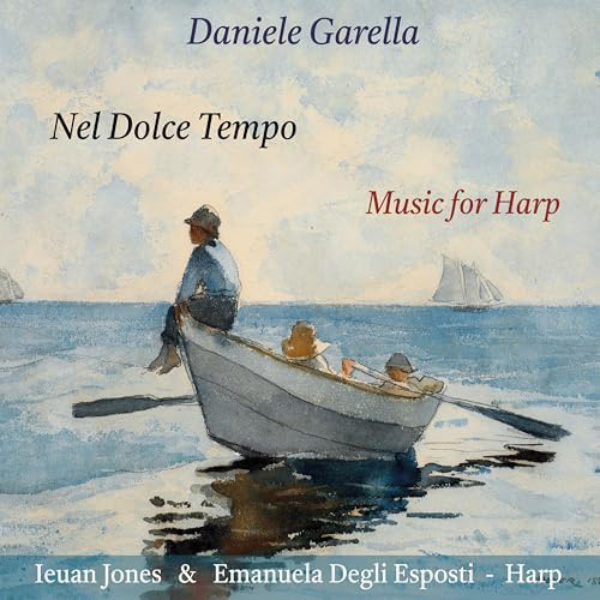
10/10
Judy Loman, harp. Marquis
Records, 2022.
At a time when many might consider retirement or at the very least, to bask in their successful accomplishments with the sort of relaxed pride of a grandparent, celebrated harpist Judy Loman states emphatically she’s having none of that. Since her 80th birthday, her goal is to perform and record “as many of the pieces for the harp that I love that I can!” In the exquisite new disc La Harpe Fantastique Loman offers up some of the most expressive and virtuosic music in the repertoire, with the verve and sparkle of an ingénue discovering this music for the first time—while ,at the same time, giving a performance that’s steeped in the dexterous refinement of a musician who’s been part of the concert scene for half a century.
Loman still remembers the first time she heard Henriette Renié’s haunting re-telling of Poe’s “The Telltale Heart.” It was Naoko Yoshino who dazzled her in a performance of the Ballade Fantastique. Loman was motivated to purchase the music, studiously practice it and finally—when the time was right—share it as the first work on this album. For many of us, we know it’s par for the course for Loman, likely the most prolific recording artist of the harp and a guiding force to hundreds of students and yet, someone who cultivates a modest, down-to-earth humility for her craft and continues to learn and grow, even at 86. Practice paid off (!) and her playing glows as the narrator drawing out every eerily fascinating detail in a wide range of inflections and perspectives.
As a student of Carlos Salzedo at the Curtis Institute, Loman presents two works by the master including his technically complex Variations on a Theme in Ancient Style. Written early in his life to showcase the harp as a solo instrument, but one he worked on all his life, the piece literally grew as he did as a musician. Loman’s playing is incisive though seemingly effortless, emphasizing the work as less a display of skill and more a satisfying showpiece venturing far hand wide dynamically and in mood. Happily, she includes the unusual barcarole ending in five, plus prelude, fugue and cadenza. Quite the opposite, Loman bravely accesses the grief and anger in Salzedo’s Lamentation, undaunted by the angst it might generate in herself. All angles and weightiness, she displays her depth as an artist and person.
Likewise, in Astor Piazzolla’s Oblivion, as arranged by harpist Julia Kay Jamieson, Loman plumbs her life for an expressiveness that is palpable. It’s when she takes the slightest pause, as if a tango dancer in mid-gesture, that she invites the music to speak at its own pace and creates dramatic magic.
New to many of us is the impressionistic Sonatine No. 2 by Marcel Tournier. Like Salzedo, Tournier expanded the technical and harmonic possibilities of the instrument, bringing the instrument out of the parlor and onto the concert stage. He wrote, “The mere sound of its name, harp, releases an ideal vision which exactly reflects its musical soul.” Hearing Loman’s transcendent interpretation of this lesser-known work, for me, makes owning this disc an absolute must. Flamboyant, yet ultimately intimate, Loman traces the arc with the lyricism of a singer, lingering just so on the unexpected chords and gauzy colors.
I leave another gem for last, Canadian harpist Caroline Lizotte’s La Madone, as it is my great pleasure to also review Lizotte’s debut album in this issue. As if conjuring her future life, Lizotte wrote this miniature as an expectant mother—singing, rocking and interacting with the infant yet to be. There’s a mystery in this lullaby-of-the-future, reaching down to the lower strings, and never quite settling on the lovely lines, a few blue notes leading to an evanescing and final release.





